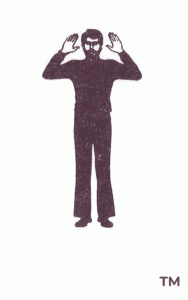The Inward Rites of Salat
“In humility and servitude, bow in reverence and prostrate before the Lord and praise His greatness, seeking union with Him.”
Amir-al Mo’menin Hazrat Ali (peace be upon him)
The word salat (prayer) literally means “to call,” and to perform it is to seek closeness to God. The rite of prayer is recorded in books and is commonly practiced by believers in Islam. The inner reality of prayer, however, consists of the mysteries that are confirmed in the works of saints and eminent “urafa” (Sufis).
In the Salat treatise, Professor Sadegh Angha demonstrates that outward rituals and inner preparedness reinforce one another to amalgamate into one authentic whole, step by step bringing the worshiper closer to God, and leading to “the transformation of the carnal soul into the Divine soul.” Outward rites and inner preparedness enable him to reach a state of true devotion and witness the glory of God.
The performance of the praises and the mystery of the bodily postures in prayer are essential instructions regarding the prayers in Islam. Especially, the description of the instructions in prayer is beyond man’s reason and thoughts, and it is certainly among the revelations to the pure soul and heart of the Holy Prophet of Islam, Hazrat Mohammad (peace be upon him).
In prayer, the heart, the recitations, and body postures of the believer seek only one truth, and it is the remembrance of the holy phrase la ilaha illa Allah (there is no god but God), as the Holy Prophet (pbuh) has said: “Qulu (say): la ilaha illa Allah and be saved.”
Qulu is a plural imperative word and it means that with all your effort free the heart from all desires, and collect all inner powers, words, and bodily actions in saying la illaha illa Allah, so that you are saved.

References:
Molana Shah Maghsoud Sadegh Angha, Al-Salât, the Reality of Prayer in Islam, Riverside, CA, USA, M.T.O. Shahmaghsoudi Publications® , 1998, pp. 78-79
